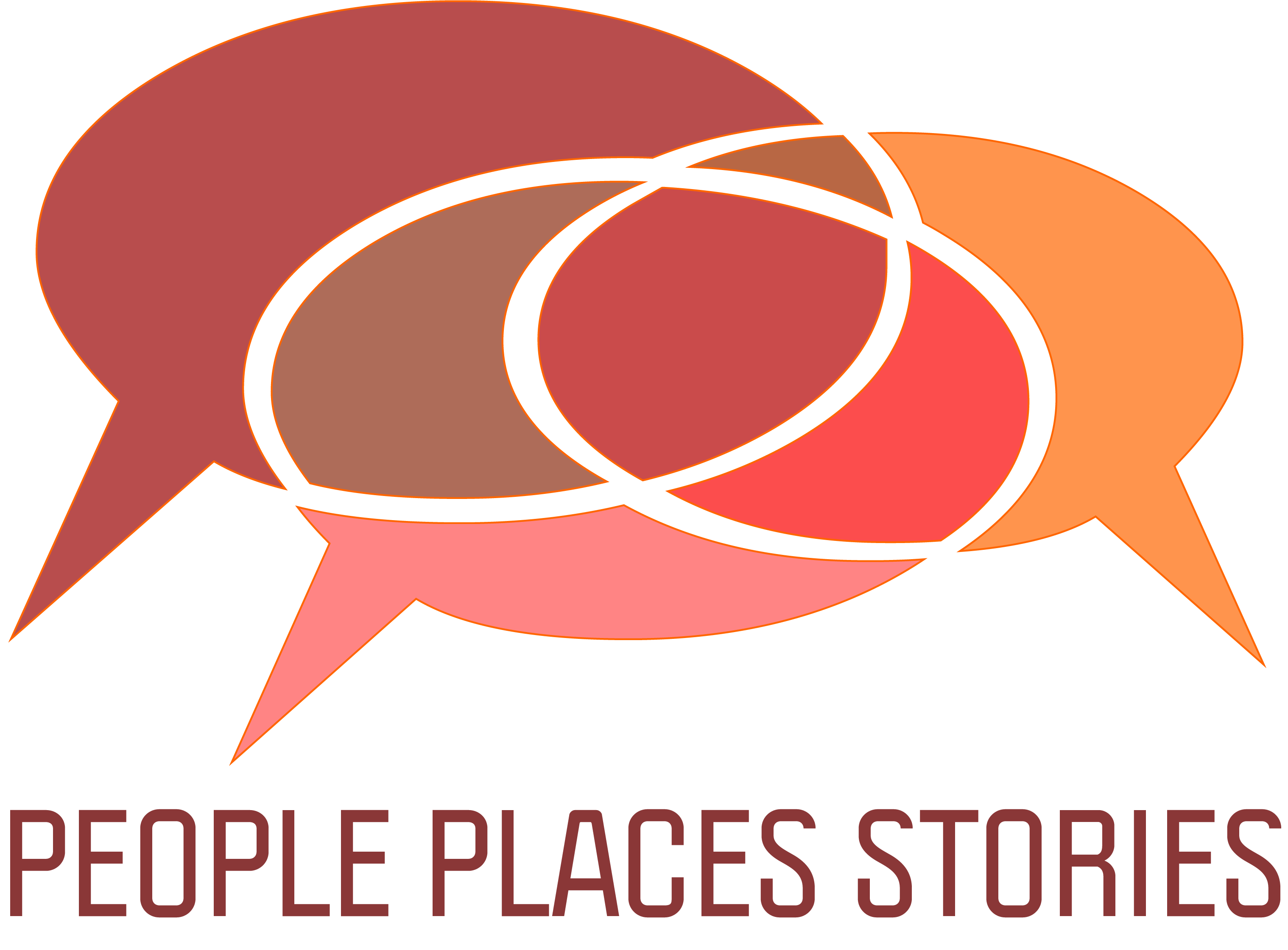Outputs & Outcomes
Facilitators will be better prepared to support a participatory approach to cultural heritage and to support the development of co-creative & participative cultural projects involving heritage assets.
Adult educators will be better prepared to exploit cultural heritage assets as a rich learning environment for competence oriented non-formal learning.
Policymakers will become more aware of the role culture and cultural heritage can play in social inclusion issues.
Citizens and participants will gain personal and social competences for a successful engagement in socio-cultural processes and will be able to participate actively in socio-cultural life, strengthening their sense of belonging in the environment they live in.
- An overview of good practice examples
- A set of competences to implement Faro for stakeholders at grassroot level
- Training modules for the development of Faro competences
- An EQF based validation approach for Faro competences at the level of the facilitators
- A place-based education model promoting learning that is rooted in the unique history, environment, culture, literature, and art of a particular place.
